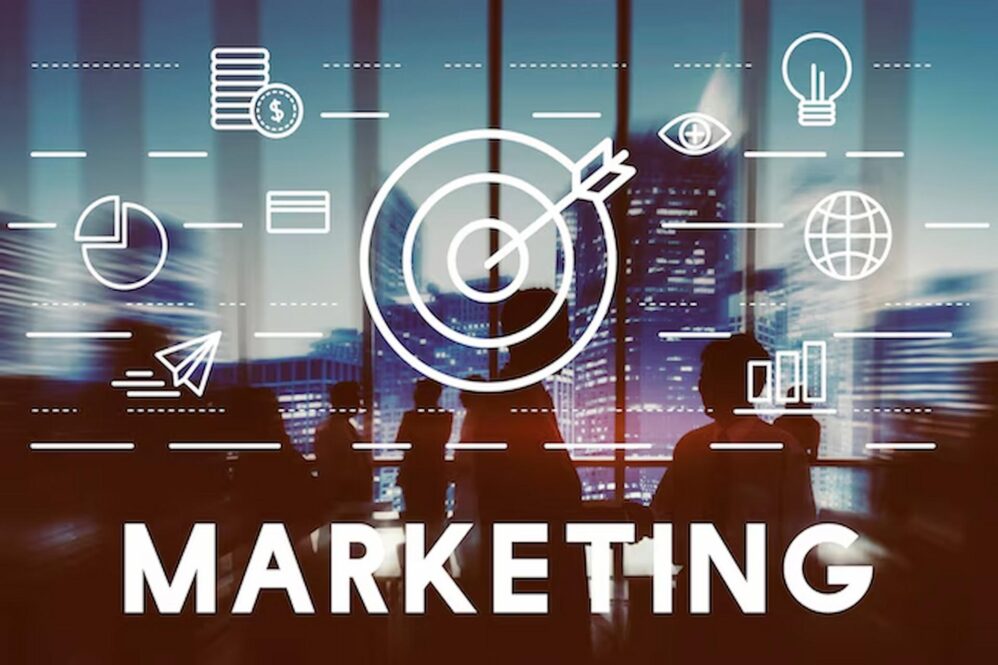In today’s competitive world, businesses need more than generic marketing tactics—they need strategies designed for measurable results. Strategic marketing services go beyond campaigns, offering data-driven insights, targeted messaging, and scalable solutions that align with business goals. From brand positioning to digital transformation, a well-structured strategy drives growth, boosts ROI, and ensures long-term customer loyalty. This guide explores the core elements, benefits, and best practices of building marketing strategies that deliver real results.
Every business wants results, but not every marketing effort delivers them. The difference lies in strategy. Strategic marketing services provide businesses with structured plans, tools, and execution frameworks that ensure campaigns generate measurable outcomes. They focus on clarity, precision, and long-term growth rather than short-term wins.
When executed correctly, these services help organisations position themselves in the market, attract the right customers, and build brand loyalty.
What Are Strategic Marketing Services?
Strategic marketing services are customised solutions designed to help businesses achieve specific objectives such as revenue growth, market penetration, or customer retention. They involve:
- Research & Analysis – Understanding markets, competitors, and customer needs.
- Brand Positioning – Creating a distinct identity that resonates with target audiences.
- Multi-Channel Campaigns – Coordinating online and offline marketing channels for consistent messaging.
- Performance Tracking – Measuring outcomes using KPIs and analytics.
Unlike traditional marketing, strategy focuses on measurable results, ensuring every pound or dollar invested drives impact.
Why Businesses Need Strategic Marketing
- Clarity of Direction: Without a strategy, marketing can feel scattered. Strategic services define goals, audience segments, and clear pathways.
- Data-Driven Decisions: Modern marketing thrives on insights. Analytics guide decisions, ensuring businesses invest where returns are highest.
- Competitive Edge: Competitors are aggressive. Strategy helps businesses identify gaps and outsmart rivals with precision.
- Sustainable Growth: Instead of chasing short-term wins, businesses gain long-term stability and loyalty.
Core Components of Strategic Marketing Services
1. Market Research and Insights
Every great strategy begins with knowledge. Market research identifies customer pain points, buying behaviours, and competitor strengths. Businesses use these insights to design solutions that solve real problems.
2. Brand Development and Positioning
A strong brand tells a story. Positioning defines how customers perceive a company in comparison to competitors. Services here focus on messaging, design, and brand voice.
3. Digital Marketing Integration
From SEO and content marketing to paid ads and social media, digital channels are at the heart of modern strategy. Integration ensures consistency across platforms.
4. Customer Journey Mapping
Customers don’t buy in a straight line. Mapping their journey—from awareness to purchase—helps businesses deliver the right message at the right time.
5. Performance Analytics
Without tracking, strategy is guesswork. Services include dashboards, KPIs, and conversion metrics to evaluate success and adapt quickly.
Types of Strategic Marketing Services
Digital Strategy Services
- Search Engine Optimisation (SEO)
- Pay-Per-Click (PPC) Campaigns
- Social Media Advertising
- Email Automation
Content Strategy
- Blogs, whitepapers, and guides
- Video marketing and podcasts
- Storytelling to connect with audiences
Brand & Identity Strategy
- Visual design and logos
- Tone of voice and communication guidelines
- Customer perception management
Customer Retention Strategies
- Loyalty programmes
- Personalised offers
- Customer support integration
Benefits of Strategic Marketing Services
- Improved ROI – Every campaign is built to maximise returns.
- Stronger Customer Relationships – Personalisation builds trust.
- Consistent Branding – Messaging stays unified across all platforms.
- Scalability – Strategies can adapt as businesses grow.
- Risk Reduction – Data insights reduce wasted spend.
How to Choose the Right Strategic Marketing Partner
- Proven Track Record – Look for agencies with measurable case studies.
- Industry Expertise – Choose a partner familiar with your sector.
- Customisation – Avoid one-size-fits-all. Your strategy must be unique.
- Transparent Reporting – Ensure access to performance data.
Best Practices for Implementing Strategic Marketing
- Start with clear goals and measurable KPIs.
- Focus on customer needs, not assumptions.
- Balance short-term wins with long-term goals.
- Regularly review data and adjust campaigns.
- Maintain brand consistency across all channels.
The Future of Strategic Marketing
As technology evolves, so will strategies. Artificial intelligence, predictive analytics, and personalisation at scale will dominate the next era of marketing. Businesses that embrace these trends will secure their place in competitive markets.
Conclusion
Strategic marketing services are not just about promotions—they are about precision, planning, and performance. By aligning goals with actionable strategies, businesses can achieve growth that lasts. Whether it’s increasing visibility, building loyalty, or boosting sales, results come from strategy, not chance.
If your business seeks sustainable success, strategic marketing is the key. It’s time to move beyond campaigns and build a roadmap that delivers measurable results.









